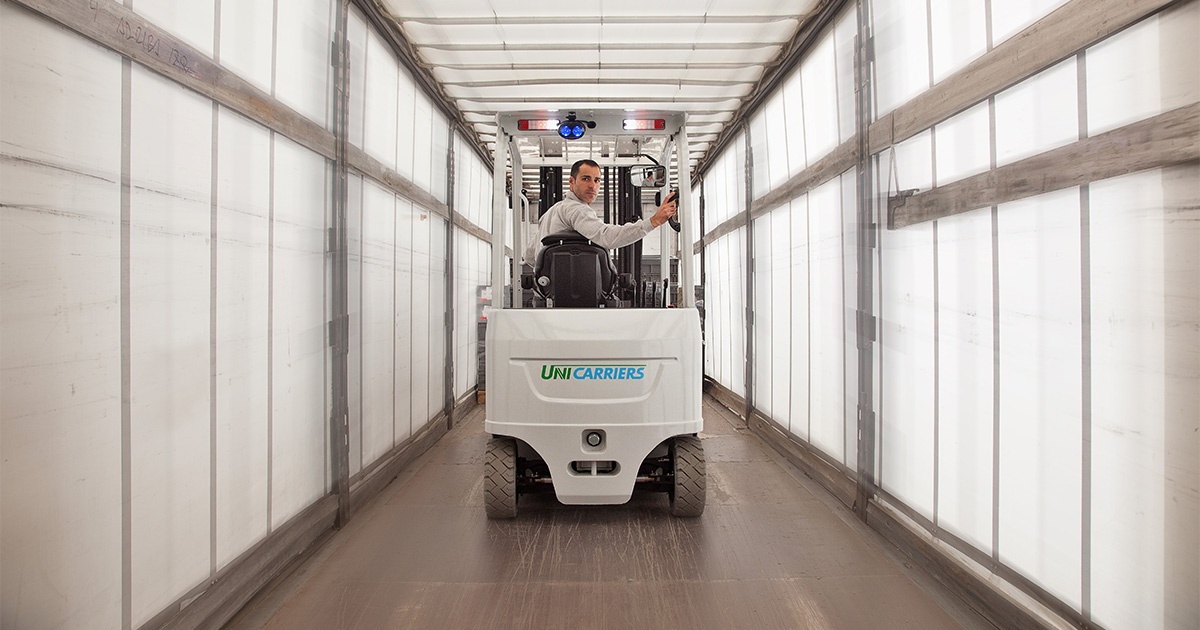
A common question which often pops up when big capital acquisitions are being considered is - 'should we buy or lease?'
If you're looking to bring on new machines on a long-term basis, both options have their advantages, and bring many of the same benefits — but depending on the nature of your company and what your daily challenges are, one solution will likely be more beneficial.
But how can you tell which is the best option for you? Let's have a look at some of the different situations your company may be in.
If your company has...
- A surplus of capital
- Processes in place to manage the service and distribution of forklifts
- Financial processes in place to account for asset management
...then buying may be a better option than leasing.
Forklifts need regular service and inspection, and if you have purchased your truck, you will have to handle this, either in-house, or by contracting it out. Similarly, if you find that the utilisation of a certain truck drops below a certain level in one area of your material handling operation, would it be possible to move it to an area where it would be more useful? When you own the truck, this will be your issue to solve. But if you're capable of handling both of these things internally, that's great — purchasing would be a great choice.
However, if your company has the following requirements...
- A desire to free up capital for other purchases
- A forklift fleet that is as easy to manage and maintain as possible
- Predictable costs in the long term
- Access to the latest equipment when it becomes available
- Greater flexibility in your fleet arrangement
...then leasing could be a good choice.
With a leasing contract, service and repairs are often included and carried out by your supplier, and typically invoiced along with the leasing cost itself, which can lead to more predictable costs over time. All of this is a big benefit if you don't have the time or resources to juggle service and financial headaches internally.
There is one additional factor to think about when considering leasing - starting in January 2019, if your company applies IFRS (International Financial Reporting Standards), all of your leases will need to be accounted for on your balance sheet. If your company does not apply IFRS then the simplicity of 'off-balance sheet' leases will still be available. But for many companies, the new IFRS standards will require some preparation.

Do you want to know more about the upcoming reporting changes, and how they will affect the material handling industry? Click the blue button above to access our free guide on the topic — you'll also find out how your company can best prepare for the change.






































Comment